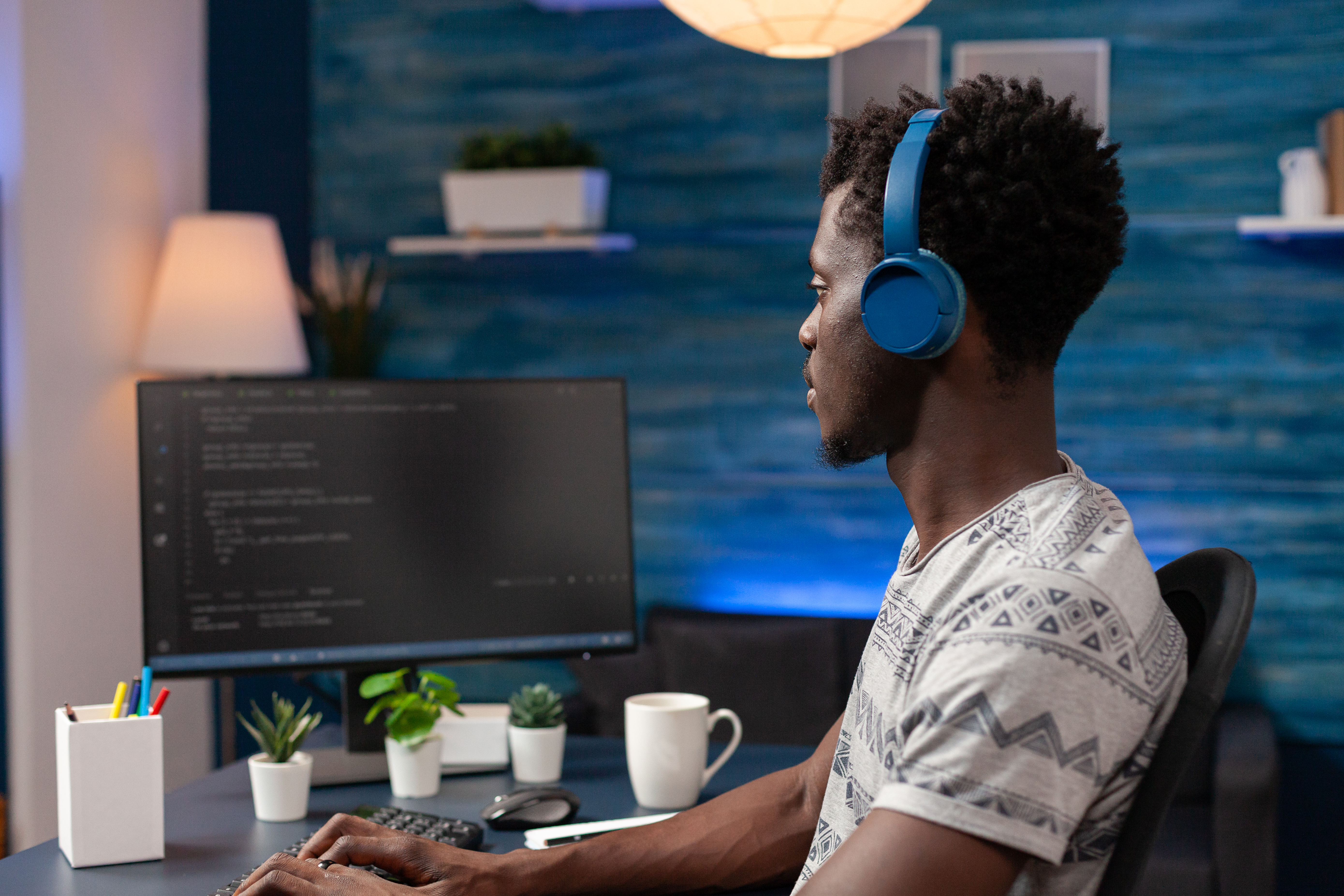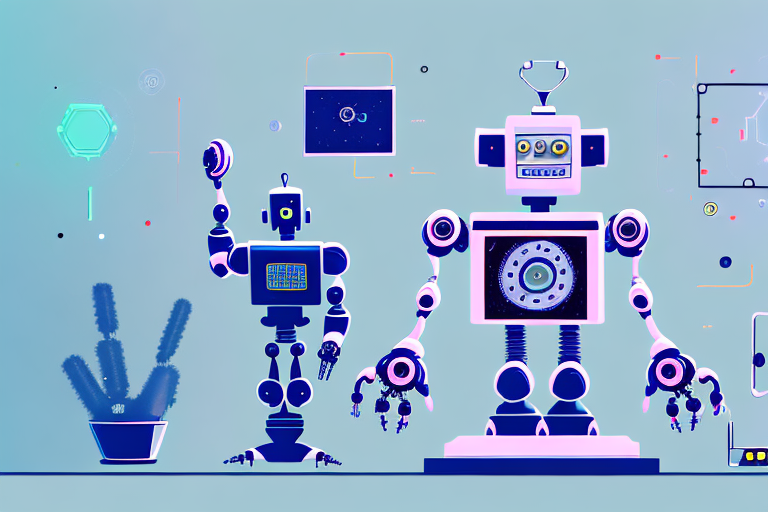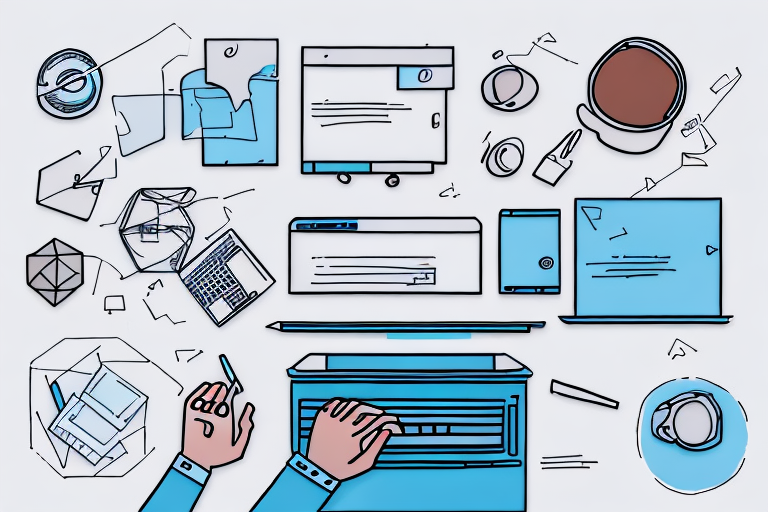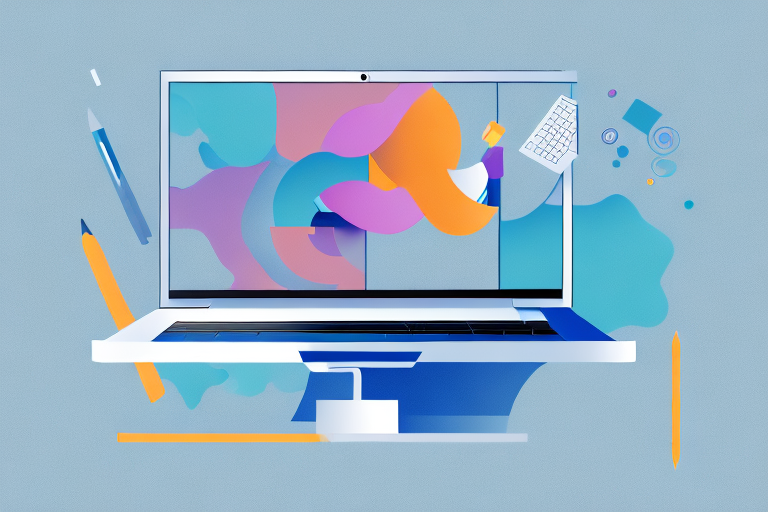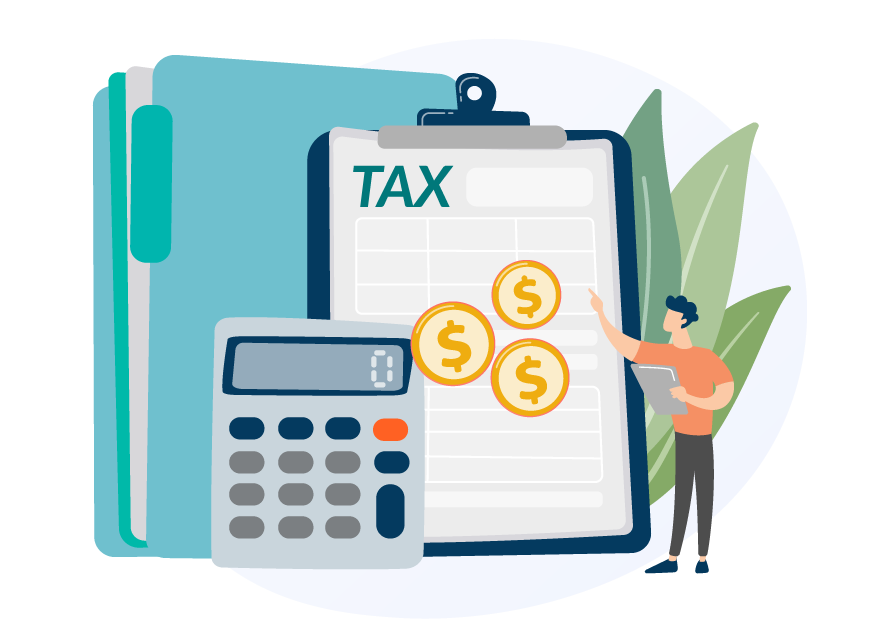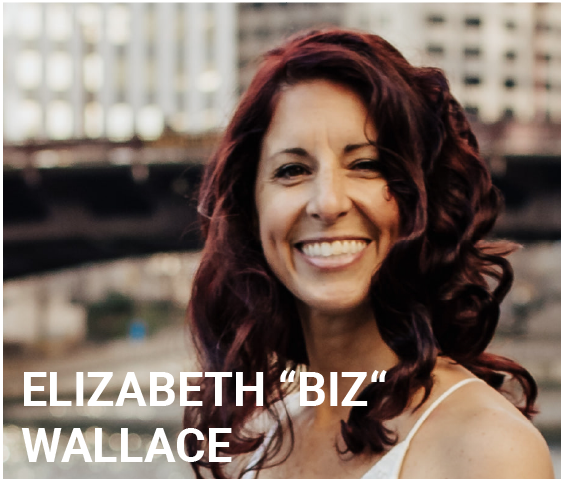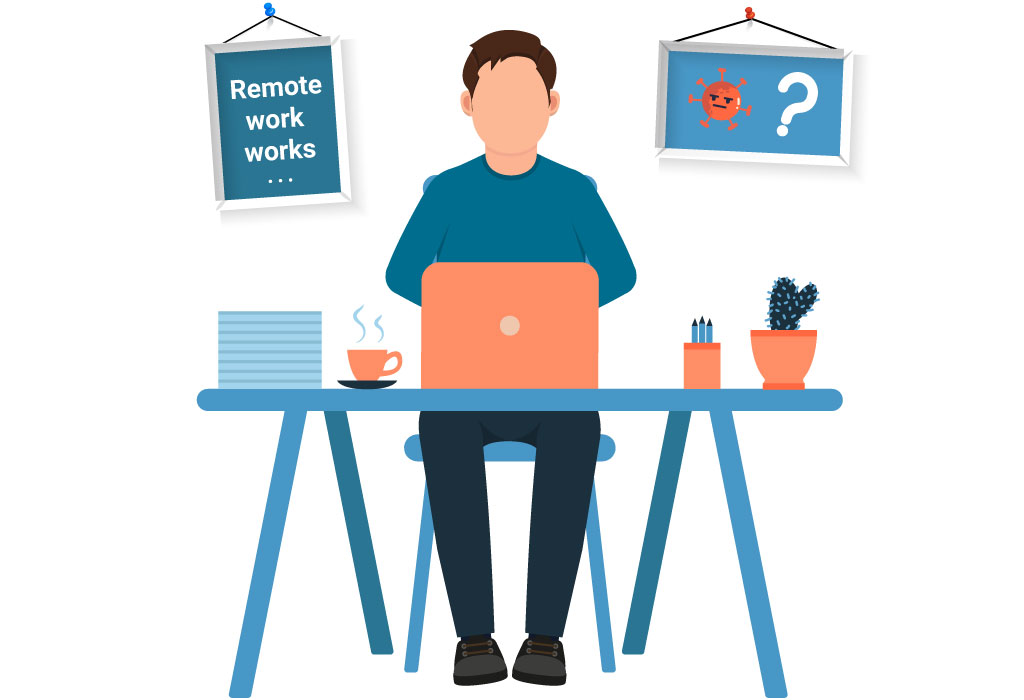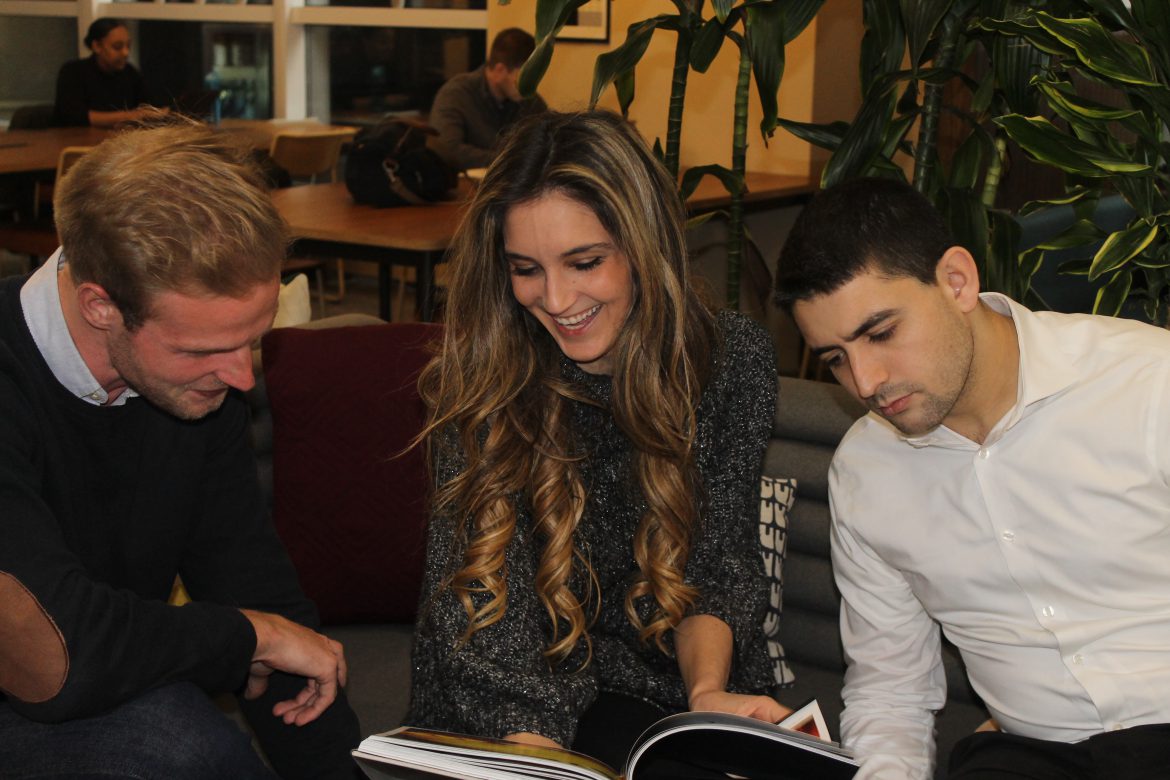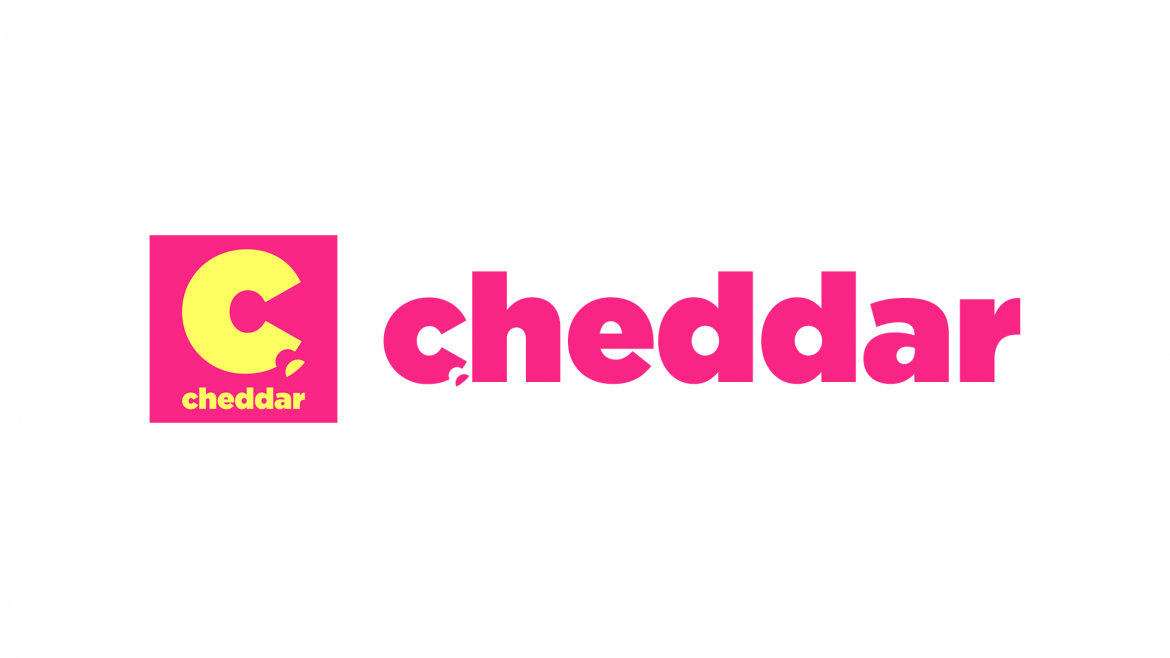The first step in a standard tech recruiting process is usually a personality interview to check your professional background, project references and preferences as well as your soft skills. Usually, the personality interview is followed by an in-depth technical assessment, where your coding skills, especially your problem-solving abilities, are tested. The point is to prove to the interviewer that you have the required skills for the job, regardless of what your CV says.
This interview may seem intimidating at first, but it doesn’t have to be. With the right preparation and expectations, you will be able to overcome this hurdle. In the following article, we will give you some helpful tips on how to prepare for a technical interview.
What does a technical interview look like and what to expect?
Every company is different, so is the recruiting process. The technical interview can include whiteboard challenges, the evaluation of a home coding assignment or a technical Q&A discussion and live coding exercise. So there are many different ways your skills can be tested. At WorkGenius, we have developed our own testing process together with our community.
Expertview by WorkGenius:
To test your technical skills, at WorkGenius we involve our tech freelancer community to conduct Peer-to-Peer technical interviews, and software engineers with similar backgrounds to design and review the coding assessments. So for the technical interview you are paired with a verified expert from our community, then together you work on a live coding task in the Peer-to-Peer interview. Because a must-have characteristic, especially in IT, is that you can work well in a team, for example when it comes to building software in a community.
The good thing about it is that you are being tested by someone who has already successfully gone through the process themselves, so you can have an eye level conversation with your counterpart. The remotely conducted video interview will take approximately 90 minutes and will proceed as follows: A five-minute introduction, in which you briefly tell something about yourself. This is followed by a technical discussion of around 35 minutes, in which you will be asked questions about your area of expertise, but also about past projects, experiences and challenges. If you are a front-end, back-end, full-stack, mobile developer, or an expert in the data field who has hands-on experience in programming, a 45-minute live coding challenge will follow in order to test your:
- Coding skills
- Problem-solving skills
- Collaboration skills
For other tech stacks, the structure of the interview may vary and differ depending on the tech area being tested.
What you are supposed to show during the live coding session is your problem solving skills as well as your ability to write code fluently, Clean Code approach, Unit testing and appropriate test coverage. Remember, when coding, there are often several approaches, so the main point of this part of the interview is to explain plausibly why you have chosen a particular approach. Thinking aloud and discussing your solution with the interviewer is highly encouraged. Describe your thoughts when facing a question or building the coding solution.
Depending on the given task in your session, the included pair programming task might require solving an algorithmic problem and optimizing your solution’s performance.
How can I prepare for a technical Interview?
You now know what to expect in the assessment. With the following 7 tips, you can prepare yourself in the best possible way for a Peer-to-Peer interview:
- Practice for the interview, by doing regular online coding challenges and answering coding questions. We recommend you not only do coding challenges a few days before the interview, but ideally do it on a regular basis. As you will realise, with each time you will become better and more confident at it.
- If possible, team up with a friend or acquaintance to practice for your code challenges, so you can do a mock interview and, as in the real interview situation, practice discussing the programming problem with your counterpart and explaining your approach to solving it.
- Learn to manage your time effectively. When you practise, try to solve your task or problem in a given time. It is best to set yourself a timer for this.
- If you are assessed for an advertised job in permanent employment, consider the tools and skills necessary for the role.
- Take the time you need and avoid jumping into the code without taking a moment to think it through.Take a few minutes to question your assumptions and make a game plan first! If you slow down and make sure not to rush, you’re likely to have fewer errors.
- You have time to ask questions at the end of the interview, so prepare questions for that.
- Do not be afraid to ask questions also before an interview.
The technical interview is there to test not only your coding skills but also your communication skills. Remember that every interviewer at WorkGenius has been in your position before. So you are talking to a peer.
Many of our candidates have a lot of fun during the technical interview, enjoy a challenging conversation and rate the interview experience as very positive. So don’t worry: prepare well, focus on the essentials, and you’ll rock the interview.
